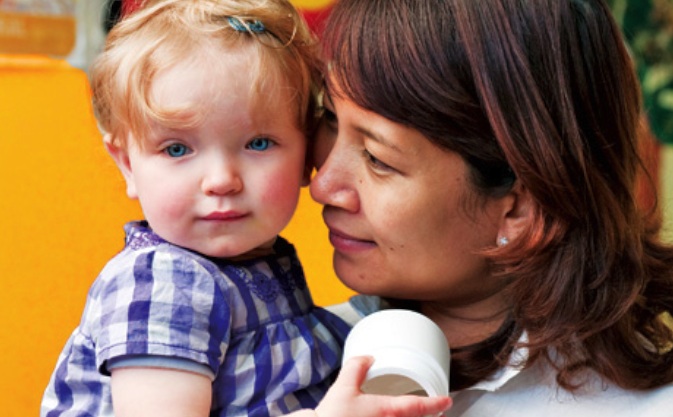The latest issue of Rattler magazine for Community Child Care Co-operative (NSW) has hit the desks of early childhood education and care educators and advocates and, as usual, is full of inspiring, informative and thought provoking articles to stimulate professional development in the sector.
(This article first appeared in Rattler 107, published by Community Child Care Co-operative (NSW). To purchase a copy, go to: www.ccccnsw.org.au/shop)
The latest edition explores the theme of relationships, and the role relationships between educators and children play in supporting learning and development.
“We all play a role in developing positive relationships,” says Ingrid Maack, assistant editor. “This edition of Rattler is about giving educators the tools they need to build strong relationships with children.”
But as the sector teeters on the edge of some big changes—with upcoming deadlines for regulations and a potential change of government—advocates have reason to worry about what this means for children and these positive relationships.
As the capacity for services grows in response to shortages of childcare place, Lisa Bryant, advocate and consultant, is hearing alarm bells.
“For the first time, since the new National Quality Framework (NQF) regulations, there is no limit on the size of services,” Lisa says. “Most of the sector believes that smaller services are better for children, because they are less like an institution but what if new developers come in and build mega services?”
“We need to think about this before it happens, to make sure everyone thinks about what is best for children above all,” Lisa adds.
“The thing that really worries me about people building bigger centres is that there are no additional teacher requirements once a service gets past 80 children. So you can run an education and care centre with 300 children with the same number of teachers as an 80-place centre. SCARY!”
Political hotspot
The sector is likely to feature prominently in the lead up to the election, and political leaders have big opportunities to ensure the best outcomes for children are high on the agenda, and not just the needs of working families.
“It’s a responsibility of political leaders, especially those in government, to accept the advice of experts from the field about what is best for children and, as a result, for families and the community,” says Eddy Jokovich, Rattler managing editor. “Children can’t really articulate what type of service setting is best or which policy is best to implement, but rely on political leaders and governments to provide the best system of early education and care, on their behalf.
“Early childhood education care has developed into a prominent issue for politicians to take into account during elections. It has grown over the years as an issue that combines a number of factors—cost of living issues for families, work–life balance, workplace access and equity for women, educational development for children. I do think that it will feature as a strong issue for both sides of politics in the election campaign—while the merits of various policies are debatable, the fact that all parties are putting forward grand plans for the sector shows that early childhood education and care is a prominent issue for the electorate.”
To read Eddy’s take on the last three years of government, and what’s in store for the future, read more here.



No Comments Yet